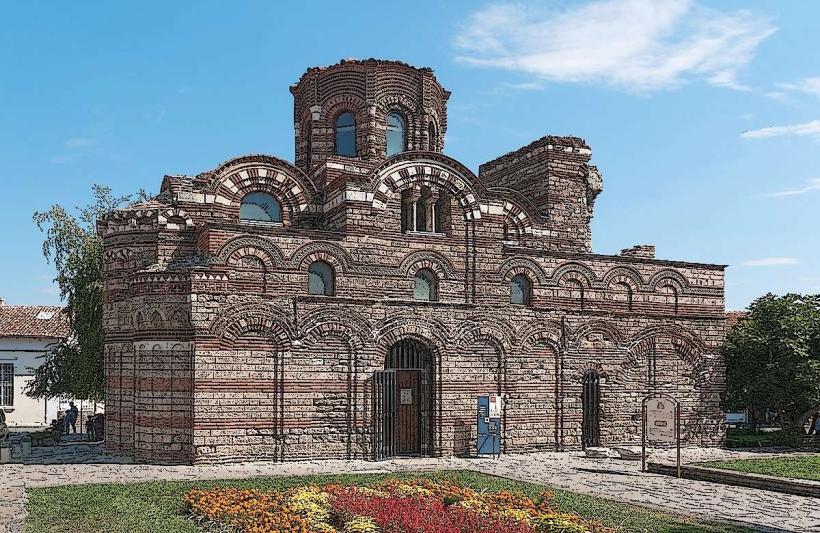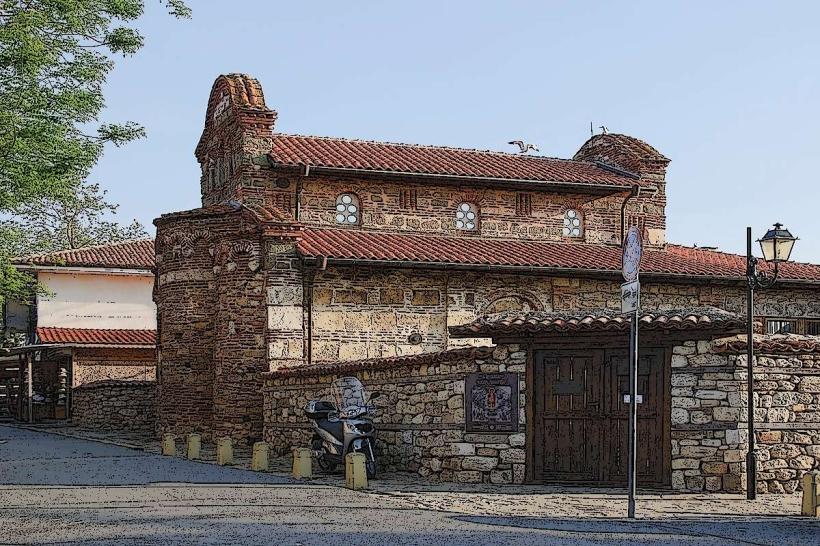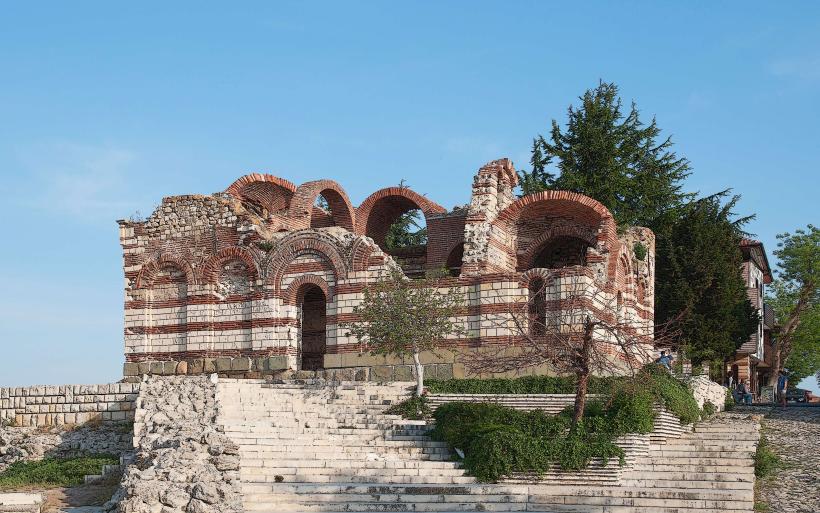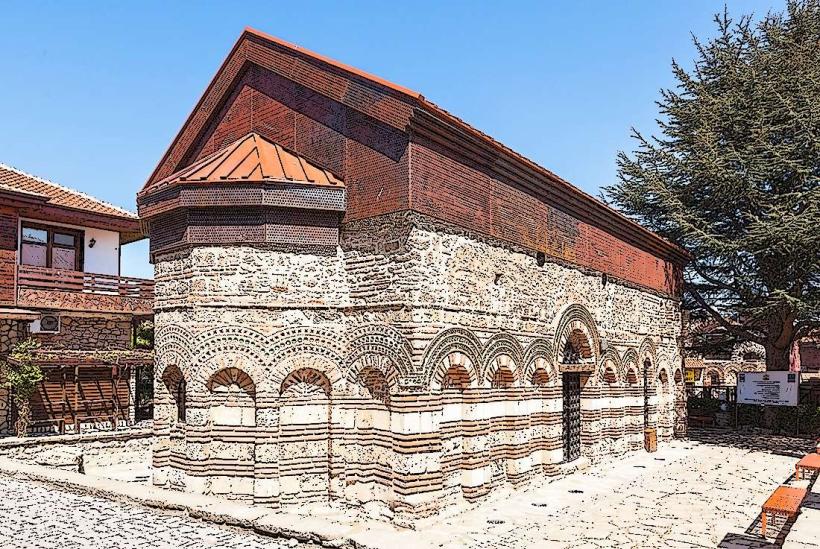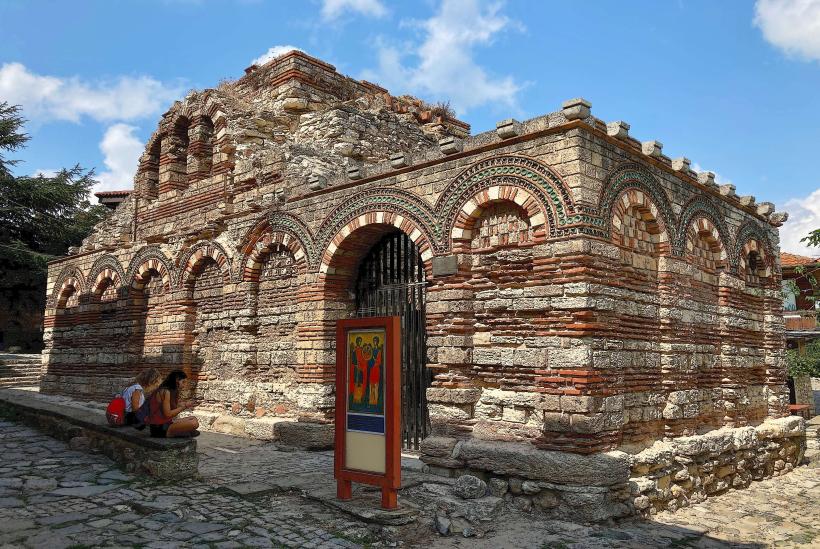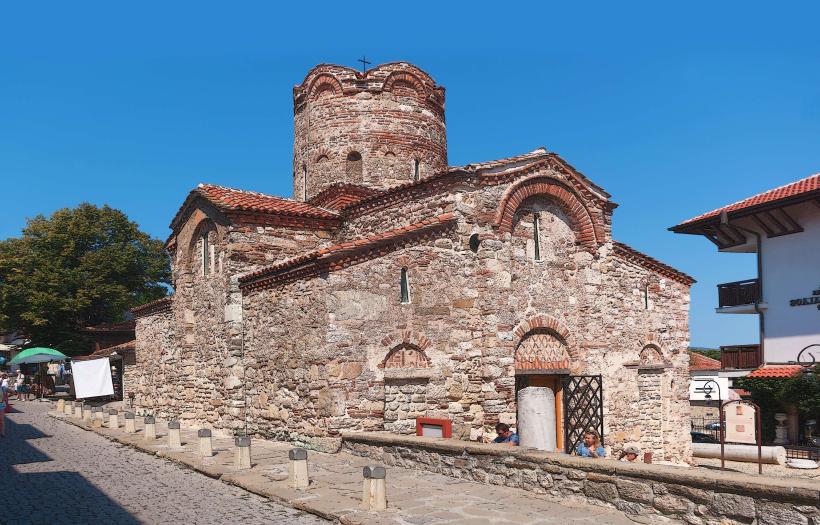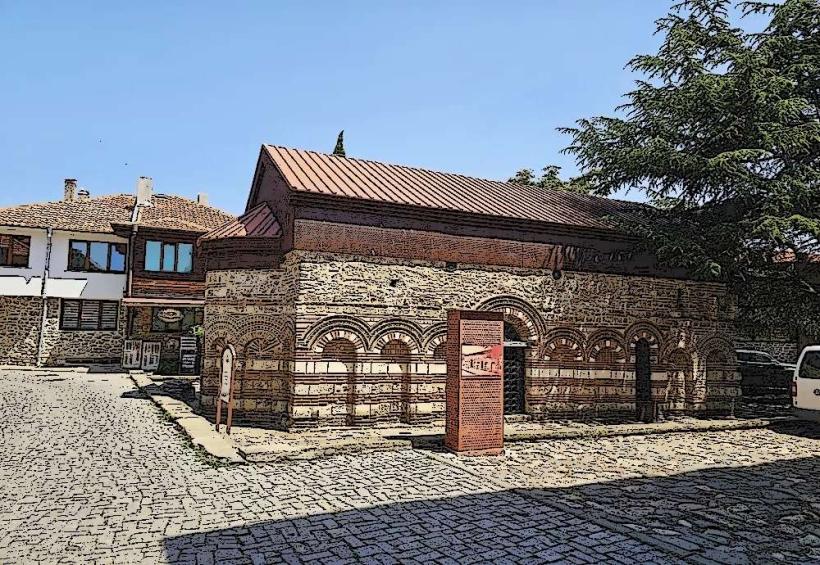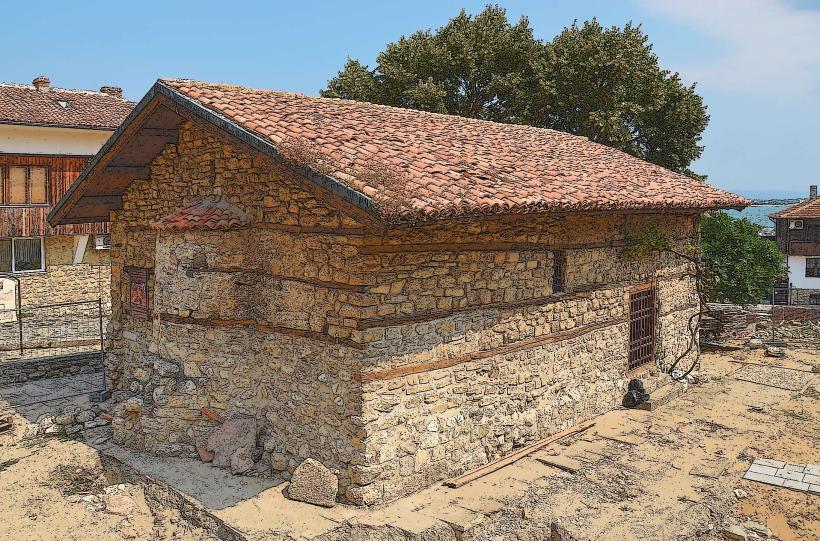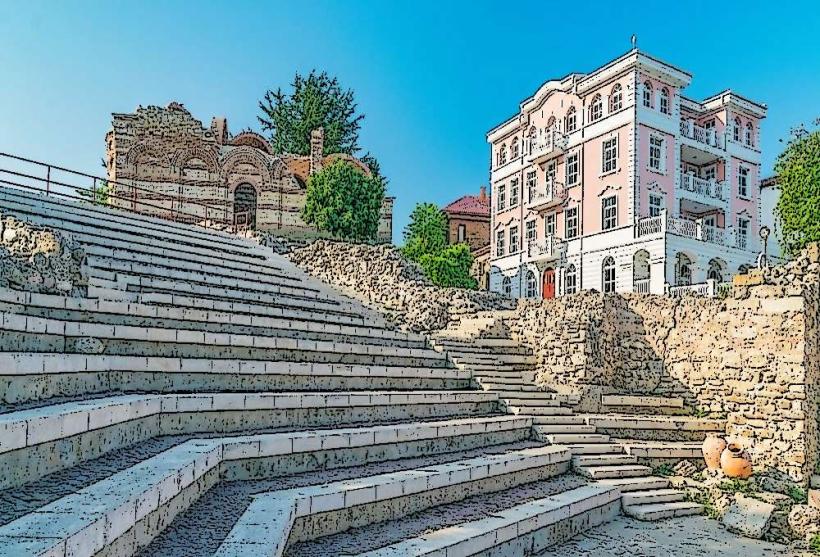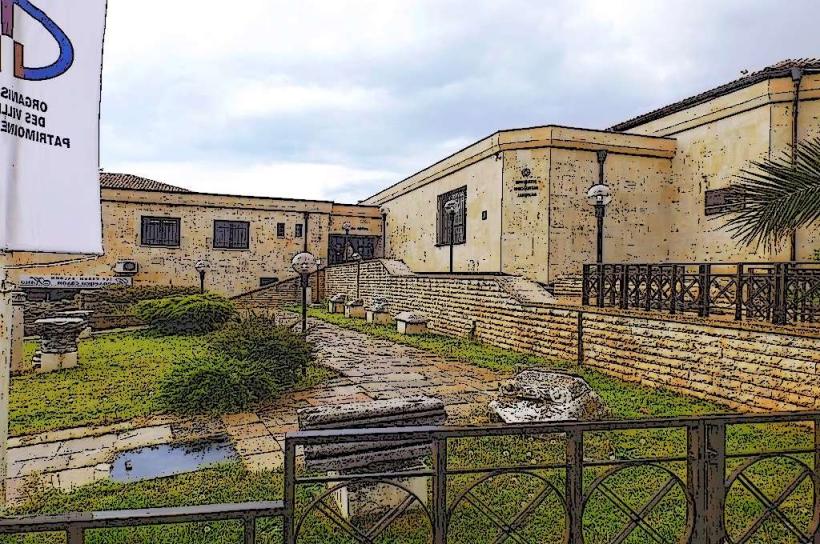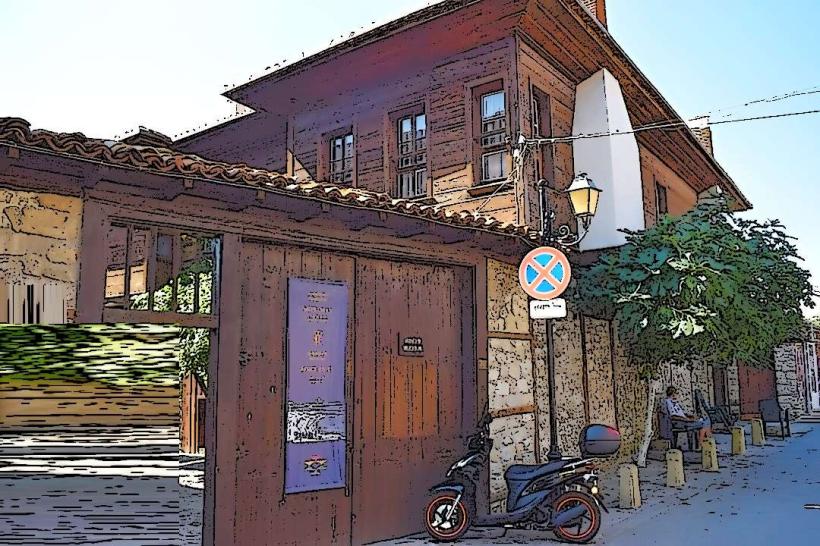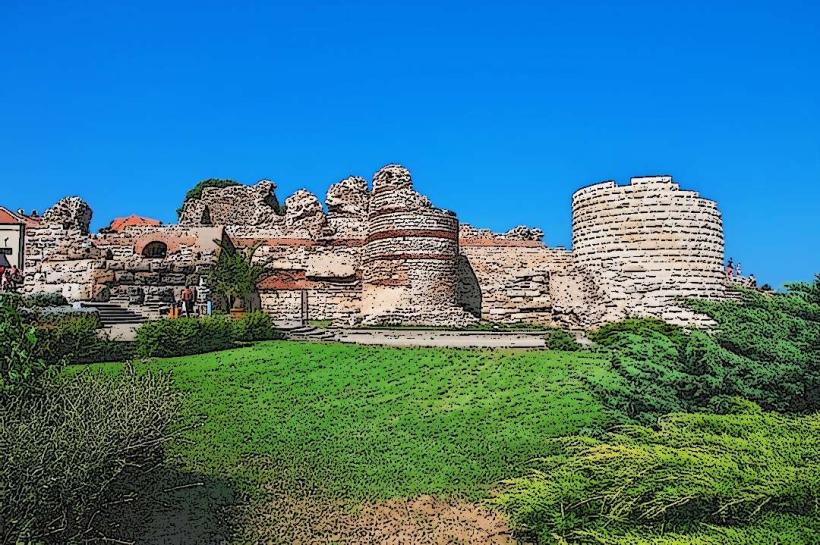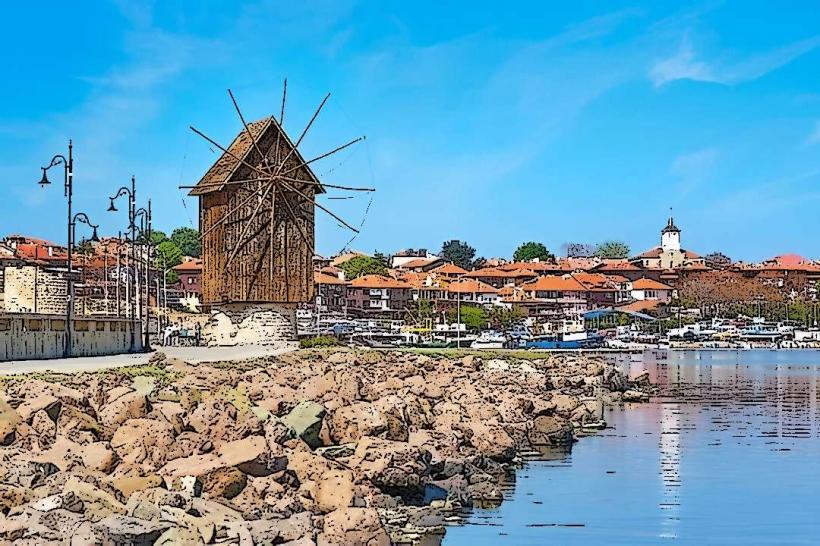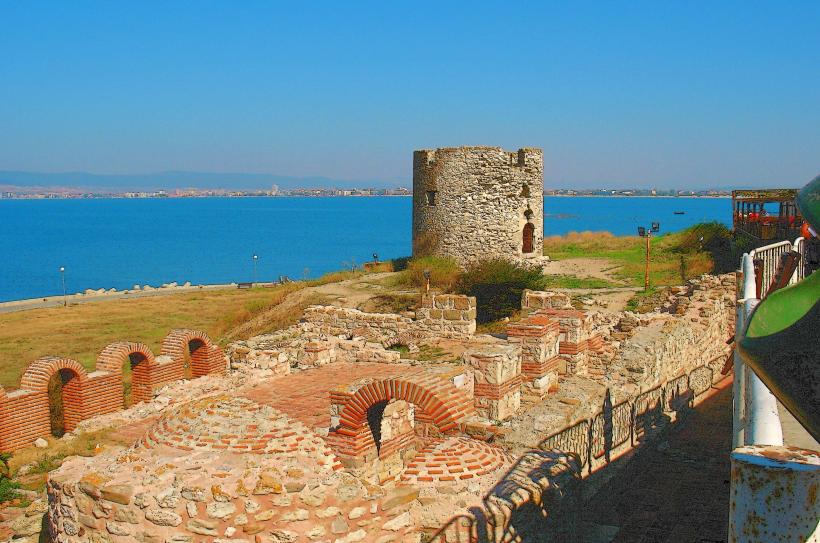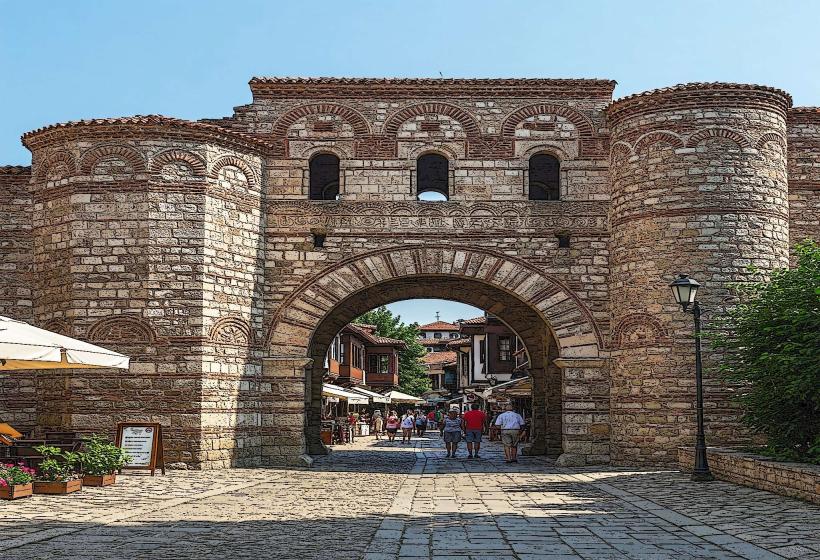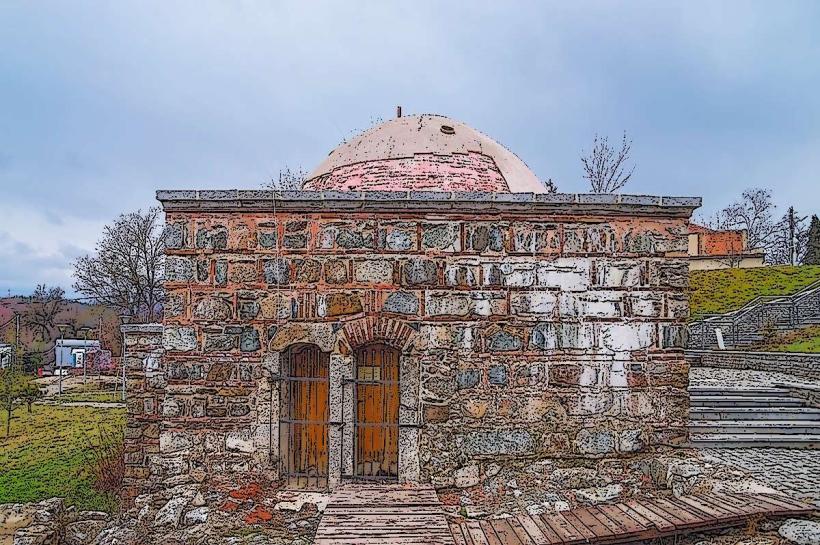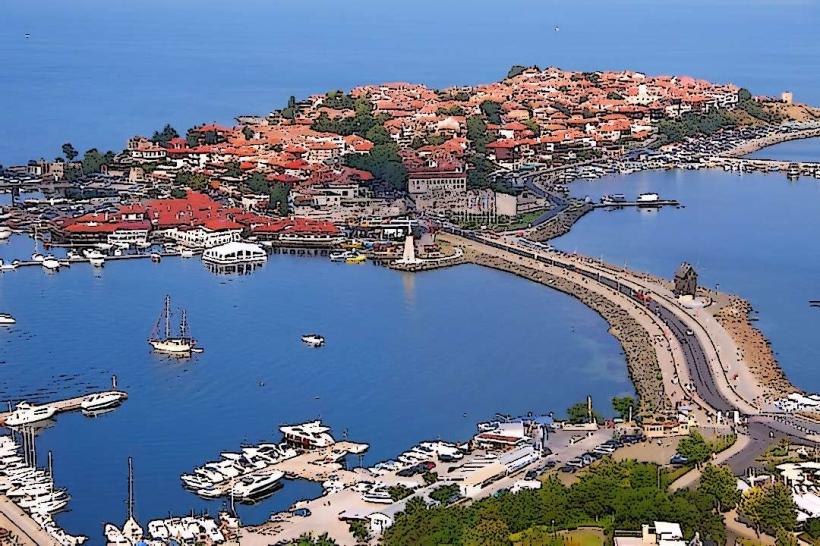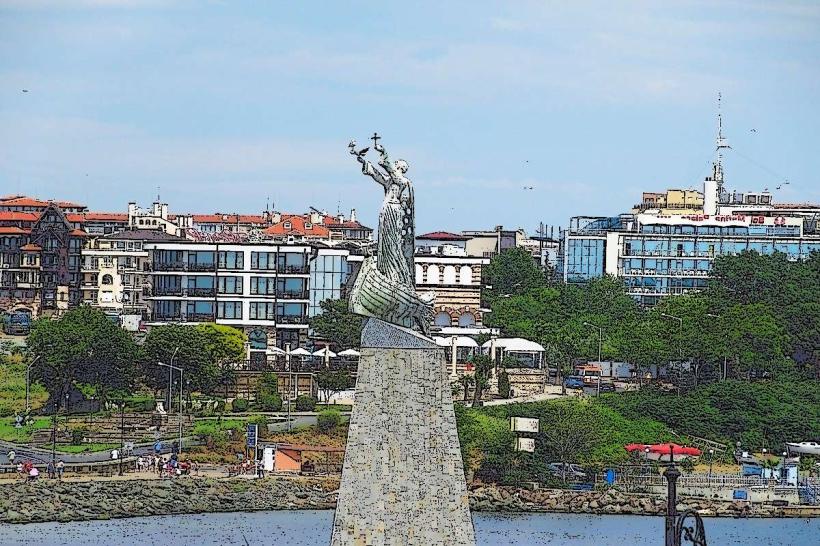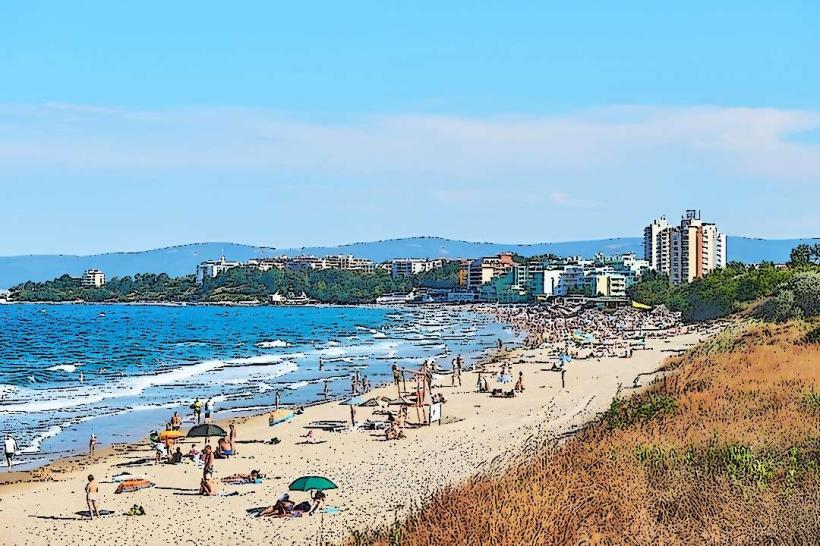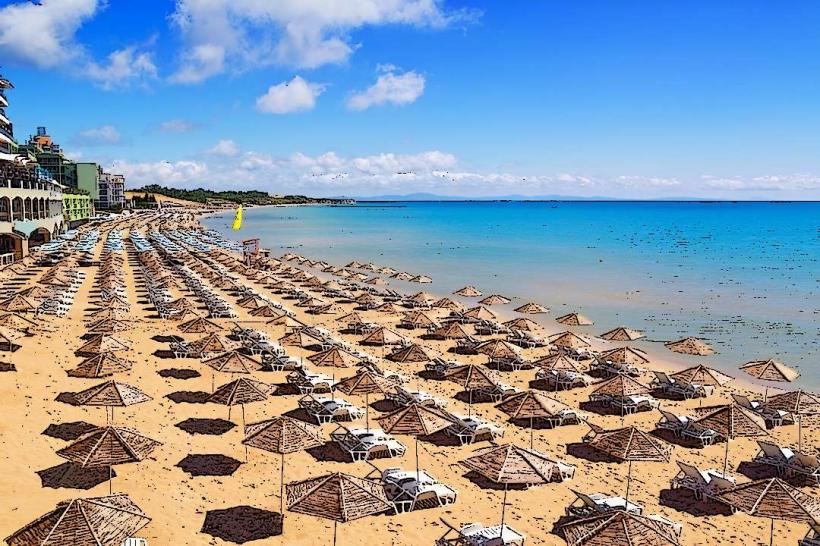Information
Landmark: Church of St. Sophia (Old Bishopric)City: Nessebar
Country: Bulgaria
Continent: Europe
Church of St. Sophia (Old Bishopric), Nessebar, Bulgaria, Europe
The Church of St. Sophia, often referred to as the Old Bishopric, is one of the most iconic and historically significant monuments in Nessebar, Bulgaria. Located in the heart of the Ancient City of Nessebar, a UNESCO World Heritage Site, this church stands as a symbol of the city's rich Byzantine and Bulgarian Christian heritage. Though it is now in ruins, the Church of St. Sophia remains a deeply evocative site and a masterpiece of early medieval architecture.
Historical Background
The Church of St. Sophia was constructed during the late 5th or early 6th century, likely under Byzantine imperial patronage. It is among the oldest Christian churches in Bulgaria and the entire Balkan region.
It served as the cathedral (bishopric) of Mesembria, the ancient name of Nessebar, which was a major religious and administrative center during the Byzantine and medieval Bulgarian periods.
The church retained this status for centuries, especially prominent during the First and Second Bulgarian Empires when Nessebar played a strategic and ecclesiastical role in the region.
By the time of the 13th and 14th centuries, it was already considered a historic and venerable site, though it gradually fell into disrepair, especially during the Ottoman period.
Architectural Features
The Church of St. Sophia is a textbook example of early Byzantine basilica architecture, adapted to local styles and materials.
Plan and Dimensions
The church is built in the form of a three-aisled basilica with a semi-circular apse, narthex (entrance area), and exonarthex (outer vestibule).
Its dimensions are approximately 25 meters long and 13 meters wide, making it one of the largest early Christian structures in Bulgaria.
Structural Elements
The central nave is higher and wider than the two side aisles and ends in a large semi-circular apse, which originally housed the bishop’s throne.
The roof was once wooden but has not survived; the basilica today is roofless.
The apse has three windows, typical of early Christian liturgical architecture, to allow light to illuminate the altar space.
Columns with reused Roman capitals originally separated the nave from the aisles.
Materials
The walls are constructed from alternating rows of stone and brick, typical of early Byzantine techniques.
Some decorative elements, such as ceramic inlays and stone reliefs, were present, though much has been lost or damaged over time.
Religious and Liturgical Function
As the seat of the bishop, the Church of St. Sophia played a vital role in the spiritual and civic life of Nessebar during both the Byzantine and Bulgarian periods.
It was the episcopal cathedral, where bishops were enthroned and major religious festivals were celebrated.
It likely housed relics, liturgical manuscripts, and icons significant to the local Orthodox community.
The basilica was the focal point for the city’s elite and clergy, and the site of civic ceremonies, especially during the Middle Ages.
Decline and Preservation
The church began to fall into ruin during the late Middle Ages, particularly after Nessebar came under Ottoman rule in the 15th century.
By the 18th–19th centuries, it was no longer used for worship and had become a ruined monument, though still revered for its historical significance.
In the 20th century, conservation efforts began to stabilize the remaining structure and protect it as part of Bulgaria’s cultural heritage.
Present-Day Significance
Today, the Church of St. Sophia is one of the most visited historical sites in Nessebar and a centerpiece of its UNESCO designation.
It is a monument open to the public, often used as a venue for concerts, exhibitions, and cultural events.
Although no longer functioning as a church, it retains deep symbolic and spiritual significance.
Its ruins offer insight into the early development of Christian architecture in the Balkans and provide a tangible link to the ancient and medieval past of the city.
Legacy
The Church of St. Sophia (Old Bishopric) in Nessebar stands as a powerful testament to:
The continuity of Christian worship in the region from late antiquity to the modern era.
The cultural synthesis of Roman, Byzantine, and Bulgarian traditions in architecture and urban life.
The enduring role of Nessebar as a religious, cultural, and political hub on the western coast of the Black Sea.
Even in its ruined state, the basilica continues to inspire awe and respect, embodying over a millennium of Christian faith, regional history, and architectural brilliance.

